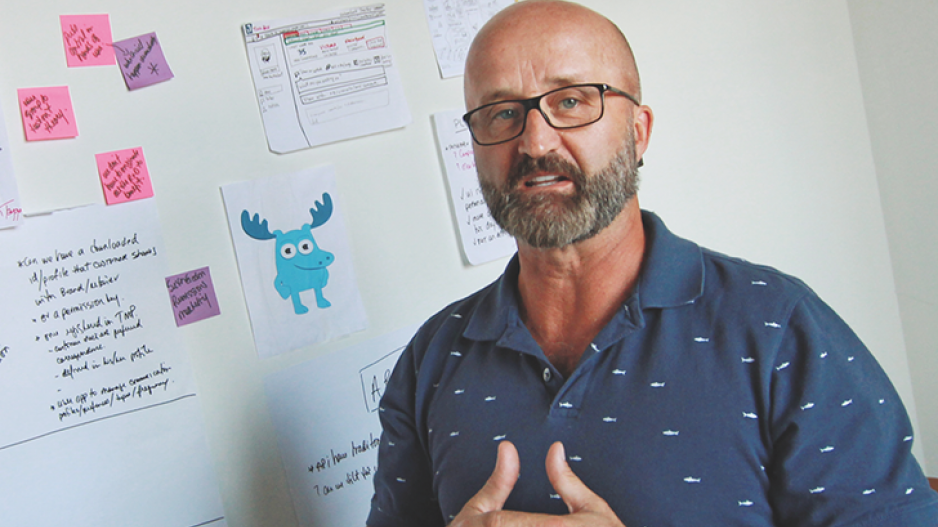The Match Group’s July acquisition of Vancouver-based PlentyOfFish (POF) might have drawn attention for the size of the deal, but Jean-Guy Faubert says the biggest gain from the sale won’t be the US$575 million POF founder Markus Frind takes home.
According to the CEO of tech media company Tagga, it will be the mountains of user data the Match Group is acquiring from POF’s 100 million members.
“The new currency is in data,” Faubert said, adding other social networking companies like
Facebook (Nasdaq:FB) and Google (Nasdaq:GOOG) have been on a data “hoarding” tear.
Server farms across the globe are being packed with information on people’s online browsing habits, their demographics, the shops and restaurants they frequent and the publications they read.
“They [the Match Group] are getting an opportunity to digitally collect these DNA footprints on [POF] members,” Faubert said. “They have access to their brands, the products they use. It’s a huge upsell opportunity for Match.com.”
Research firms IDC and the International Institute for Analytics estimated in December 2014 that revenue from companies involved with big data and analytics would climb to US$125 billion by 2016.
But turning raw data into something that can generate value will be the main challenge ahead for Vancouver companies like Tagga or 3 Tier Logic (3TL).
The strategy at 3TL, according to CEO Rob Craig, has been developing “socially credible content.”
Users sign in to the digital marketing firm’s platform with their social media accounts to collect loyalty points when they scan receipts at certain stores. The company can track spending habits, and users’ social media accounts are targeted with content based on their brand loyalty.
But raw data also has monetization potential beyond marketing.
David Feller, CEO of online consumer-lending platform Mogo (TSX:GO), said customer data is key to the financial tech firm’s business model.
“If you’re going to do lending, it’s all about the data. There’s no shortcut to get the data,” Feller said. “You have to do that in a controlled way until you have proven data, proven models in order to be able to scale [grow] it.”
Mogo has completed more than 900,000 loans since 2007, and its platform evaluates customers based on 1,000 different data points. Feller said the data is key to indicating whether a loan is likely to be repaid or if there’s a risk of fraud.
“It does take a lot of time and money to build up a platform and build up the data to scale a business like this.”
Meanwhile, Vancouver’s Tagga has been collecting what Faubert calls fragmented “crumbs” of raw data strewn across social media from different users.
Tagga’s platform identifies and builds profiles of users based on interactions with brands, allowing marketers to zero in on them even if they don’t have access to data from Facebook or Google.
“You can well imagine executing an engagement tactic in 20 different channels and reaching the same individual 20 times is creating huge customer fatigue,” Faubert said. “Consumers are shutting off from brands that are reaching them with untailored email blasts that have store-wide clearance sales or Mother’s Day coupons when you’re a male.”




